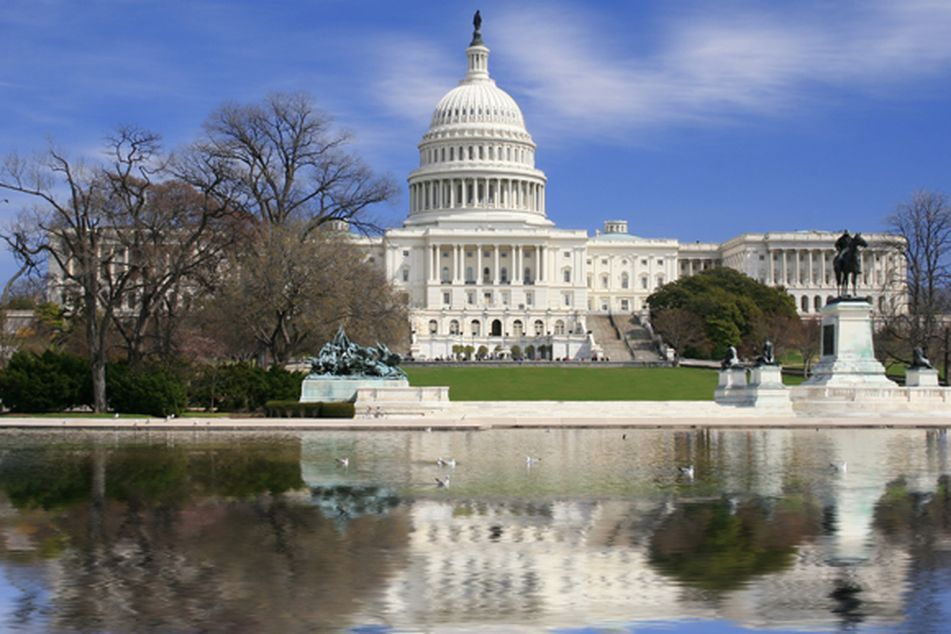Fiduciary advocates launch one last ‘huge push’

When House and Senate negotiators gather tomorrow, they're scheduled to consider strengthening the fiduciary duty provision in landmark financial regulatory reform legislation.
When House and Senate negotiators gather tomorrow, they’re scheduled to consider strengthening the fiduciary duty provision in landmark financial regulatory reform legislation.
Rep. Barney Frank, D-Mass., chairman of the House Financial Services Committee, has proposed removing the Senate fiduciary language in the 1,974-page text and replacing it with the more robust House version. Mr. Frank is also chairman of the House-Senate conference committee.
Under the House approach, the Securities and Exchange Commission would write a rule requiring broker dealers and insurance agents to act in the best interests of their clients and disclose conflicts of interest when providing investment advice to retail customers — the same standard of care investment advisers must meet.
The Senate bill would direct the SEC merely to study the issue. The agency could then proceed to rulemaking — but only under its existing authority. That authority does not allow the commission to implement a universal fiduciary standard, critics claim.
Currently, broker-dealers have to meet a suitability standard, which means that products they pitch to clients must be appropriate for the clients’ investment goals. Fiduciary advocates assert that the suitability rule leaves too many loopholes for investment representatives, who may saddle investors with costly but poorly performing products.
The House offer to the Senate follows the pattern that has been established in this rare conference committee proceeding. The House makes proposals to replace Senate language with the House version. Then the negotiators try to reach a consensus on the provision in a process that could last hours.
The Senate has the upper hand in this instance because its bill, which was approved in May, is the foundation for the conference. Members who favor a House provision will have to get the Senate language removed – a difficult challenge in an atmosphere where negotiators are working on a massive bill under a tight deadline.
The House legislation, which was passed in December, must be combined with the Senate bill. The final measure must pass both chambers before it is sent to President Barack Obama to be signed into law. Democratic leaders want to complete the bill by July 4.
The pending fiduciary action has stoked a flurry of last-minute lobbying. “We and others are making a huge push,” said Dan Barry, director of government relations at the Financial Planning Association.
The organization is part of the Financial Planning Coalition, which sent out a grass-roots alert on Friday encouraging 11,000 of its members who live in states represented by conference committee members to send messages in support of the House fiduciary language.
The broker-dealer and insurance communities are pushing the Senate provision. Industry associations for both groups argue that a fiduciary standard would hamstring broker-dealers, threatening their ability to charge commissions and offer proprietary products, and raise costs and limit choices for investors.
Throughout the financial reform debate over the past year, the fiduciary issue has been overshadowed by higher-profile controversies such as proprietary trading and a consumer protection agency. But supporters are stressing that tougher fiduciary standards will resonate with average Americans who are trying to build a strong financial portfolio to finance school, a business or retirement.
“Wall Street reform will not regain the trust of Main Street unless Congress embraces extending a fiduciary duty to all financial professionals who provide advice to investors,” said Denise Voigt Crawford, Texas Securities Commissioner and president of the North American Securities Administrators Association Inc.
Although Mr. Frank supports the House language, the author of the Senate provision, Sen. Tim Johnson, D-S.D., is one of the 43 conferees.
“There is broad support for the [House] provision,” said Barbara Roper, director of investor protection at the Consumer Federation of America. “The question is: Will Sen. Johnson make a compromise?”
The National Association of Insurance and Financial Advisors will urge him not to give any ground. The organization says that the fiduciary standard is ambiguous because it doesn’t define what is “best” for a client – low cost, high return on investment or underwriting service.
“Our concern is that applying such a subjective standard to broker-dealers and registered representatives who, unlike registered investment advisers, sell products, makes it difficult to identify clearly which product is ‘best,’” NAIFA president Thomas Currey said in a statement. “It is a very uncertain standard.”
Advocates of a fiduciary standard point out the House provision already allows for the charging of commissions and the sale of proprietary products.
“They bent over backwards to answer industry concerns…[and] to preserve the broker-dealer business model,” Ms. Roper said.
Jill Edwards, NAIFA assistant vice president for federal government relations, maintains there has never been a comprehensive analysis that includes policy recommendations.
“It’s not about delay,” she said. “It’s about getting it right.”
Learn more about reprints and licensing for this article.








